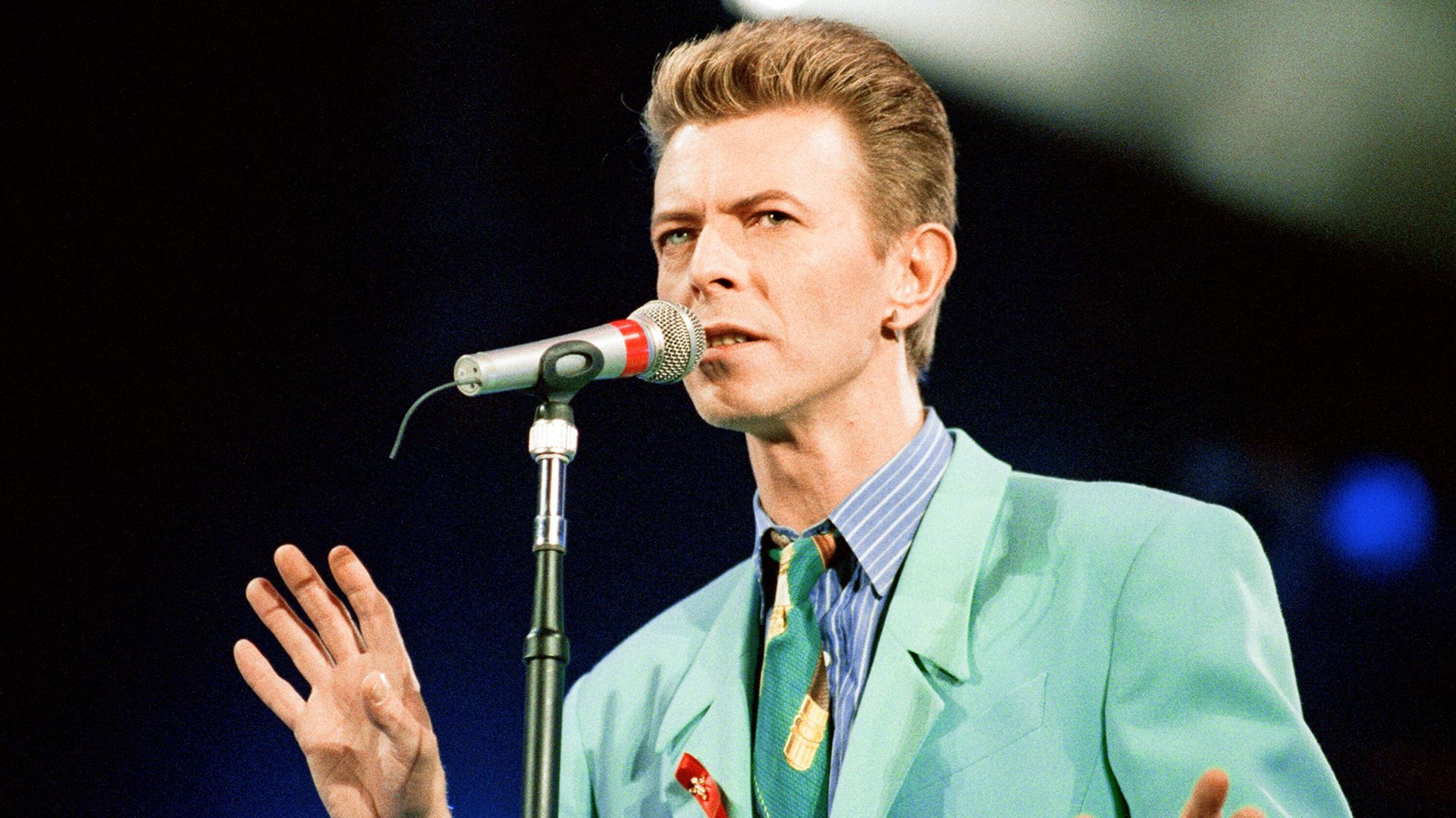In a powerful statement that resonates with the current socio-political landscape, Jane Fonda has breathed new life into the Committee for the First Amendment, a group that holds significant historical importance. This reimagined initiative marks an attempt to draw parallels between the past and the present, recognizing that the fight for free speech and artistic expression remains a crucial cause. Fonda’s decision to revitalize the committee comes at a time when the United States is grappling with rising tensions surrounding censorship, political expression, and the role of media in democracy.
Reflecting on a significant historical event
The Committee for the First Amendment was originally established during the 1940s to combat the influence of McCarthyism, a time when artists, authors, and intellectuals were unjustly persecuted for their political views. The initial group was instrumental in safeguarding the liberties of those labeled as communists or supporters, frequently without substantial evidence to back such allegations. Through the coordination of demonstrations and gatherings, the committee aimed to defend the freedom of speech conferred by the First Amendment of the U.S. Constitution, opposing a surge of governmental censorship that endangered the essence of free expression.
Today, Fonda’s re-launch of the Committee for the First Amendment highlights the enduring importance of safeguarding civil liberties. As we look back at the era of McCarthyism, Fonda acknowledges the lessons learned from that time and emphasizes how the freedom of expression is still under threat in various forms. “The stakes are too high,” she asserts, calling attention to the modern challenges that echo the struggles of the past. Her renewed commitment to this cause reflects a recognition that we are at a pivotal moment, where artists and activists must once again stand up against pressures that seek to curtail open dialogue and dissent.
Free speech under siege in modern America
The contemporary landscape has seen a shift in how free speech is both defended and threatened. Unlike the overt governmental censorship of McCarthy’s era, today’s challenges are more complex, often rooted in political polarization, corporate influence, and the digital age’s new forms of control. Social media platforms, for instance, have become battlegrounds where accusations of “cancel culture” and “fake news” blur the lines of legitimate discourse. This environment has raised difficult questions about the limits of free speech and how to protect it in a world that increasingly depends on online interactions.
Fonda’s efforts to resurrect the Committee for the First Amendment are not just about nostalgia for a bygone era but also about confronting modern-day threats to free speech. She believes that while the tools of censorship have evolved, the fundamental battle for the freedom to express oneself remains just as urgent. From the rise of political correctness to the increasing regulation of speech online, the dangers of suppressing opposing viewpoints have never been more apparent.
As the country continues to debate the boundaries of free expression, Fonda’s committee serves as a reminder of the power of collective action in protecting fundamental rights. In her eyes, this isn’t merely about defending the voices of artists or intellectuals but ensuring that every American citizen has the right to speak their truth without fear of retaliation or repression. “The stakes are too high,” she insists, acknowledging that silence in the face of oppression is no longer an option.
The influence of famous individuals in promoting freedom of expression
In a world where celebrities wield significant influence over public discourse, Fonda’s decision to lead the charge in revitalizing the Committee for the First Amendment raises important questions about the responsibility of public figures in championing civil liberties. Over the decades, many artists and entertainers have used their platform to advocate for social and political change, often at great personal and professional risk. Fonda herself has been no stranger to this, having faced criticism and backlash for her outspoken views throughout her career.
By reactivating the committee, Fonda aligns herself with a long tradition of actors, writers, and musicians who have sought to protect freedom of expression. But the role of celebrities in defending free speech is often met with skepticism, particularly in an era when the lines between personal branding and social activism can be blurry. Critics may question whether celebrities truly understand the struggles of everyday citizens or if their advocacy is merely a form of self-promotion. Yet, Fonda’s commitment to the cause—rooted in her experience as an activist and her deep understanding of American history—speaks to the genuine urgency of this mission.
In a landscape where political polarization often leads to the silencing of dissenting voices, celebrities have the power to amplify causes that may otherwise be ignored. Their visibility can help to rally public support, mobilize action, and ultimately shift the conversation. By reinvigorating the Committee for the First Amendment, Fonda not only acknowledges her own responsibility but also urges other public figures to take a stand in defense of free speech and democracy.
An invitation to action for upcoming generations
As Fonda continues to advocate for the importance of free speech, she motivates younger generations to engage in the battle for civil rights. “Staying on the sidelines isn’t sufficient,” she emphasizes, highlighting the necessity of active involvement in safeguarding the principles that allow America to remain a free nation. For Fonda, the revival of the committee isn’t merely a symbolic move but an appeal to future leaders to meet the challenge.
The work of the Committee for the First Amendment in its new incarnation will focus on a wide range of issues, from combating censorship in the media to supporting grassroots efforts to protect civil liberties. Fonda’s leadership is a reminder that the fight for free speech is not confined to any one era, but is an ongoing struggle that requires vigilance, activism, and unwavering commitment. As she looks toward the future, Fonda is determined to ensure that the voices of those who seek truth, justice, and equality are never silenced again.
Fonda’s revival of the Committee for the First Amendment highlights an essential aspect: safeguarding free expression goes beyond politics and represents an ethical obligation. The significance of this is substantial, and as long as individuals continue to speak against unfairness and tyranny, the pursuit of liberty will persist.







